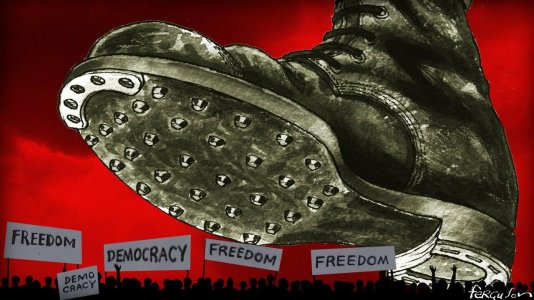- MBTI
- INFJ
- Enneagram
- 5w4
I don't think making laws censoring what people say online is the answer.
Social media companies are private and can make their own rules. As stated above, it is in their best interest to create discord, so the avenues for users to protect themselves are limited.
Yesterday I watched part of a video focused on how TikTok stars are harassed online and are having emotional and mental breakdowns because of the hate they receive. (This is why stars do not read reviews of their work. Critics are toxic.) While it is easy to say it is their own fault for becoming Tiktok stars, people don't "deserve" to be harassed. This situation is an amplification of toxic behaviors that people exhibit online. If social media companies were more responsible, users would be able to choose to filter harassment when someone tried to post a comment containing certain trigger words. Giving the user the control to block trigger words from their comments doesn't interfere with free speech. It would just create individual boundaries for users on their own pages. While you are on their page, you won't be able to comment using those words.
We all know the internet makes it easy for cruel people to act their worst because there are no consequences. It is also human nature for people to have negative feelings about anyone who reaches success, or who has anything they want but lack. (This is why people lose friends when they start to get successful or when they make positive changes in their lives.) There are all kinds of other psychological issues that contribute to the reason people bully or attack others. Add social pressure (both on and offline). Some people think it is "cool" to be mean.
I get so many creepers and so much spam in the comments on my website. I'd like a way to filter those comments. I'd like a way to filter explicit and mean comments from social media, too. I do not want internet censorship.
Social media companies are private and can make their own rules. As stated above, it is in their best interest to create discord, so the avenues for users to protect themselves are limited.
Yesterday I watched part of a video focused on how TikTok stars are harassed online and are having emotional and mental breakdowns because of the hate they receive. (This is why stars do not read reviews of their work. Critics are toxic.) While it is easy to say it is their own fault for becoming Tiktok stars, people don't "deserve" to be harassed. This situation is an amplification of toxic behaviors that people exhibit online. If social media companies were more responsible, users would be able to choose to filter harassment when someone tried to post a comment containing certain trigger words. Giving the user the control to block trigger words from their comments doesn't interfere with free speech. It would just create individual boundaries for users on their own pages. While you are on their page, you won't be able to comment using those words.
We all know the internet makes it easy for cruel people to act their worst because there are no consequences. It is also human nature for people to have negative feelings about anyone who reaches success, or who has anything they want but lack. (This is why people lose friends when they start to get successful or when they make positive changes in their lives.) There are all kinds of other psychological issues that contribute to the reason people bully or attack others. Add social pressure (both on and offline). Some people think it is "cool" to be mean.
I get so many creepers and so much spam in the comments on my website. I'd like a way to filter those comments. I'd like a way to filter explicit and mean comments from social media, too. I do not want internet censorship.

